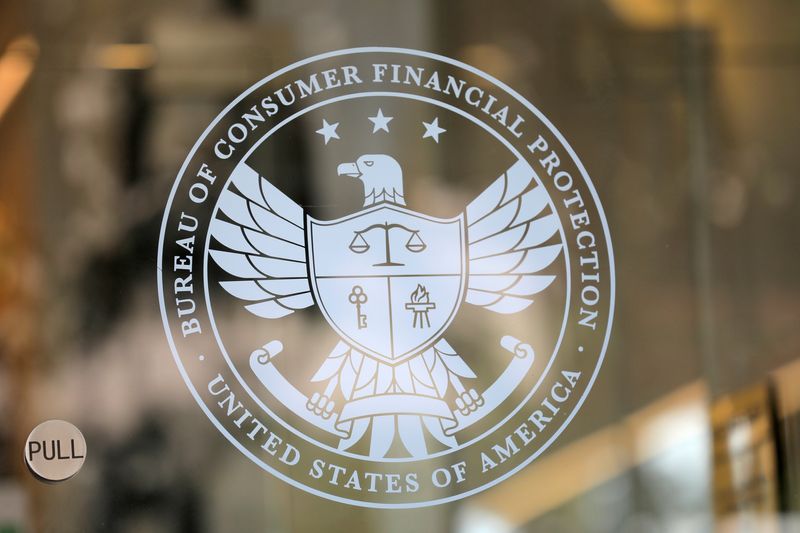By Chris Prentice
WASHINGTON – The U.S. Consumer Financial Protection Bureau (CFPB) plans to establish “dedicated units” within its enforcement and supervision divisions to better detect repeat corporate offenders, the watchdog’s director said on Monday.
In his first speech on enforcement policy since becoming CFPB director in October, Rohit Chopra said regulators have failed to hold large institutions and their executives to the same standards as their smaller counterparts.
The bureau is looking at “structural remedies” to hold big companies more accountable for repeated misconduct, such as limiting a company’s leverage, revoking government-granted privileges and banning certain business practices, he said at a University of Pennsylvania law school event.
Democrats have long argued that regulators lean too heavily on fines to punish corporate misconduct which large companies typically treat as a cost of doing business, a view Chopra echoed on Monday.
“While headline-driven penalties give the guise of deterrence, they do not work for dominant, powerful firms,” Chopra said.
Critics have also argued that while regulators are willing to crack down hard on small companies, sometimes shutting them down entirely, they have been reluctant to take on major corporations and their droves of highly-paid attorneys.
Tackling corporate recidivism has emerged as a key priority of President Joe Biden’s administration, with the Justice Department last year rolling out a series of policy changes aimed at better deterring repeat misconduct.
Republicans have slammed the CFPB under the Biden administration and Chopra’s leadership. Last year, Republican Senator Pat Toomey said the bureau has “disregarded its jurisdictional limits” and “returned to regulating by enforcement actions rather than rules.”
Chopra added that the CFPB will boost collaboration with state licensing officials so that states can better ascertain whether a company’s business licenses should be suspended or whether assets should be liquidated.
“Regulators in the U.S. have a history of being able to terminate charters and licenses,” Chopra said. “Today, this should be considered for all institutions when the facts and circumstances warrant it, not just when it happens to a small firm.”
(Reporting by Chris Prentice; Editing by Michelle Price and Aurora Ellis)
